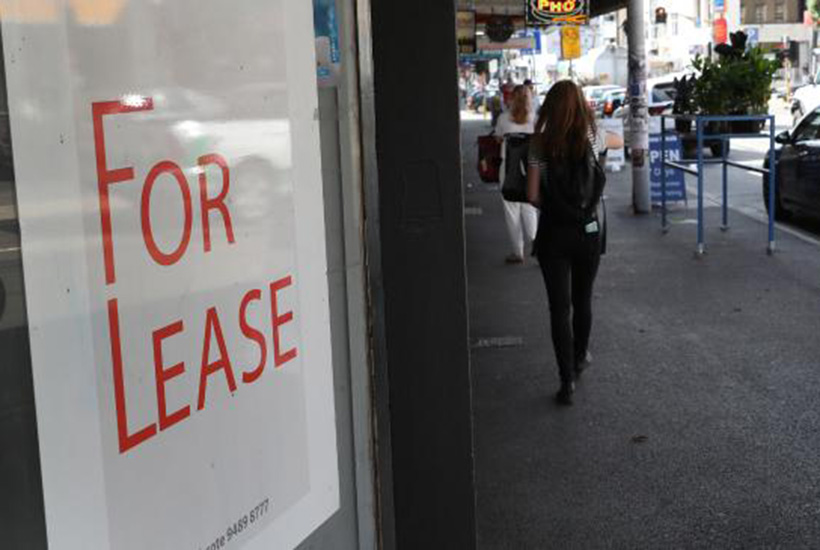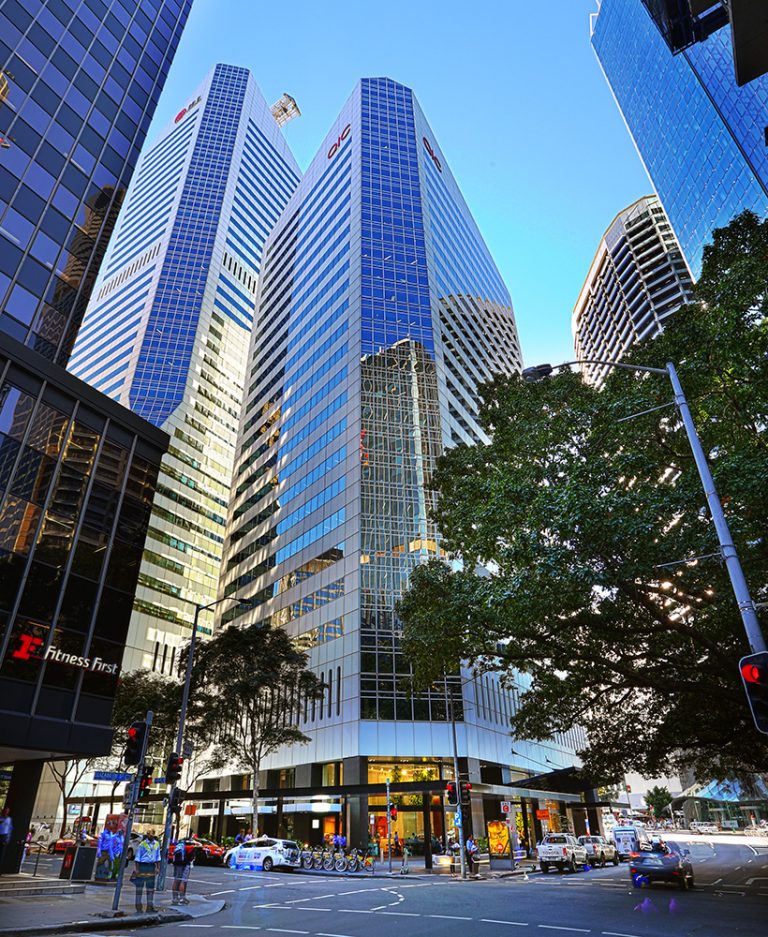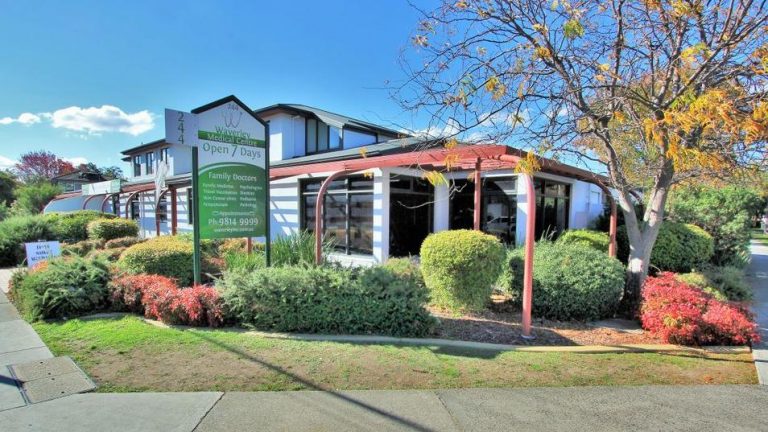Shopping centres, tenants told to share burden during crisis

Shopping centre owners and tenants have been urged to quickly come to a fresh agreement that includes sharing the pain of losses suffered during the coronavirus crisis after federal cabinet rejected an initial scheme developed by retailers and landlords in a surprise move on Friday.
Shares in shopping centre owners again dropped as Scott Morrison called for the principle of shared losses to be enshrined in how landlords dealt with small to medium-sized tenants, many of which have been forced to close their businesses.
The shift could see landlords take on a greater share of the tenants’ pain, putting their incomes further at risk even when a recovery begins. However, industry representatives insisted that they would work overtime to have new proposals ready for cabinet to consider by Tuesday.
Australian Retailers Association executive director Russell Zimmerman endorsed the move, which could see landlords adjust long-term leases as they take into account tenant losses. “The ARA, the National Retail Association and Pharmacy Guild of Australia will work to address what the prime minister has said about including the proportionality principle within the code,” Zimmerman said.
MORE: Commercial owners, tenants to get answers by Tuesday | FULL IMPACT: Commercial real estate and COVID-19
Shopping Centre Council of Australia executive director Angus Nardi said much progress had been made with the ARA, NRA and Pharmacy Guild. The peak bodies delivered a code to the cabinet on Friday morning and would undertake more work.
“We think we’re close, and we’ll continue to work with other retail groups to try and get to a code which can go to national cabinet early next week,” he said.
Scentre chief executive Peter Allen, who runs the local Westfield malls, said it was important that landlords helped small and medium-sized retailers to get to the other side of the crisis.
“Our aim is, in a proportionate and measured way, to share the financial risk and cash flow impact during the COVID-19 crisis with the interests of all our stakeholders, which include small to medium enterprises and mum and dad retailers, right through to mum and dad investors,” he said.

The surprise delay drove the share prices of retail landlords sharply lower. Stockland dropped 7.4 per cent, Mirvac fell 6.1 per cent and Scentre was off by 5.6 per cent. Vicinity Centres was off by 1.4 per cent and GPT was down by 3.6 per cent.
JPMorgan analysts led by Ben Brayshaw on Friday predicted impairments of 30% for large retail malls, saying the sector had been battling before the crisis.
“We expect the Global Coronavirus Crisis to be the basis of a permanent resetting of rents from 2021,” they said. “Given the uncertainty around what the stabilised cash flow will be post-crisis, investors are likely to demand a higher risk premium for investing in regional malls.”
Regardless of the cabinet move, landlords will face troubles drawing customers back into malls if there is an extended recession and people avoid large gatherings, with JPMorgan predicting a higher level of structural vacancy and more shopping centres to be put on the block, further pressuring valuations.
The delay to a formal agreement comes as tenants face more uncertainty, with many large listed landlords telling their tenants that they would not come after them for rent that was due on April 1.
But the situation remains fluid, with uncertainty about whether landlords would provide full or partial relief, or whether payments would simply be deferred, as big mall owners take different approaches. Small private operators and some billionaire mall owners, including John Van Lieshout, are taking a harder line, insisting that rents are payable.
Mr Morrison said leasing arrangements stood for businesses that did not qualify for JobKeeper status, had turnovers of less than $1bn and had suffered a fall in turnover of more than 30 per cent. The proposed code between landlords and retailers was designed to address problems faced by small and medium-sized tenants.
The crisis has been marked by an acrimonious dispute sparked by billionaire retailer Solomon Lew, who threw down the gauntlet to landlords by saying he would not pay rent while the coronavirus crisis rages. Many smaller tenants are following his lead.
Emboldened by the six-month moratorium on evictions, amid a cash flow squeeze that means some cannot pay landlords and may not be able to reopen, some have been handing back keys to suburban landlords.
Mr Morrison said that larger retailers and big landlords would sort out their differences because they needed each other. He lashed “unreasonableness” from both sides, criticising mall owners for not taking tenants’ calls while continuing to take rents, as well as lambasting tenants threatening to walk away.
“That’s not the way we need to behave in this,” he said.
Banks would also need to “come to the party”, Mr Morrison said, noting they were providing new facilities and arrangements. “It’s not the tenants’ problem, it’s not the landlords’ problem, it’s not the banks’ problem — it’s all of their problem,” he said.
Mr Morrison urged all parties to sit down to broker a code that would become mandatory via state laws, saying the alternative would leave landlords and tenants without protection.
He emphasised that a proportionality principle needed to be in the code that reflected the turnover reduction suffered by tenants when landlords decided on rental waivers.
This article originally appeared on www.theaustralian.com.au/property.







